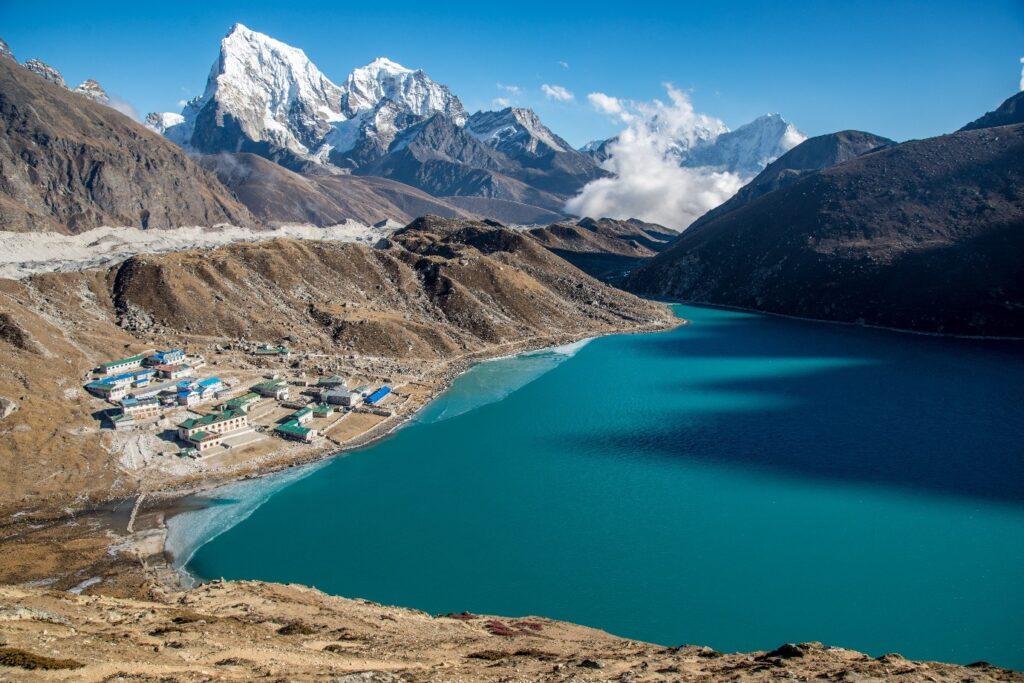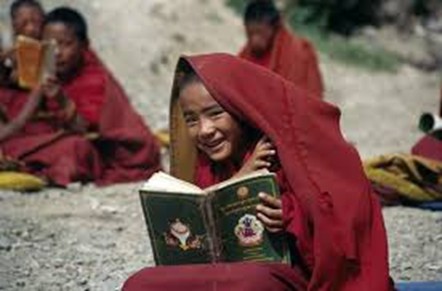Arunachal Pradesh is one of India’s most remote states — and one of its most quietly profound. It stretches across thick forests, Buddhist monasteries, tribal villages, and mountain passes that few maps fully capture. This is not a place of speed or spectacle. It’s a land where time feels older, traditions run deeper, and the natural world is still vast and unshaped.
If you’re drawn to journeys that feel more like listening than looking — Arunachal waits patiently.
How to Experience Arunachal Authentically
Begin in Tawang, where prayer flags catch in the wind and monks chant in hilltop monasteries. Travel through winding roads into Bomdila or across mist-filled valleys to Ziro, where Apatani tribes grow rice and tend forests with age-old care.
Speak less. Watch more. In Arunachal, the land often speaks first — through trees, rivers, and stories shared over millet brew near a fire.
For nature lovers, Namdapha National Park offers rare wildlife. For music lovers, Ziro Festival is not just sound — it’s a gathering of creative energy in one of the most peaceful places on Earth.
Places to Visit

- Tawang – Known for Tawang Monastery, the largest in India, and high-altitude spirituality.
- Ziro Valley – Terraced fields, tribal culture, and the setting for the famed Ziro Music Festival.
- Bomdila – A hill town with monasteries and soft mountain views.
- Pasighat – One of the oldest towns in the region, set by the Siang River.
- Namdapha National Park – Dense, biodiverse, and home to rare species including clouded leopards.
What to Eat and Celebrate
Arunachal’s cuisine is deeply regional and often cooked over fire — simple, strong, and nourishing.
- Thukpa – A noodle soup also found in Sikkim and Bhutan, made here with a distinct local touch.
- Smoked meats – Preserved in bamboo or dried over woodfire, often served with chili paste.
- Apong – A fermented rice drink shared during festivals and daily gatherings.
Festivals:
- Losar (Tibetan New Year) – Celebrated in Tawang and other Buddhist areas with prayer and joy.
- Ziro Music Festival – An independent outdoor music gathering among pine groves and paddy fields.
- Solung & Dree – Agricultural festivals celebrated by tribal groups with dance, food, and ritual.
Culture and Local Life

- Tribal diversity: Arunachal is home to 26 major tribes and over 100 sub-tribes, each with distinct languages, attire, and customs.
- Spirituality: While parts of the state follow Tibetan Buddhism, others blend animist beliefs, nature worship, and local ritual systems.
- Daily life: Built on land, community, and oral tradition — not tourist flow.
Travel Tips
- Permits are required to enter most areas — plan ahead.
- Road travel takes time — distances are slow but worth it.
- Dress for variable weather — cool mornings, warm valleys, sudden rains.
- Respect cultural boundaries — not all festivals or ceremonies are open to outsiders.
- Support local homestays and crafts — it directly strengthens tribal economies.
- Pack for basics — access to ATMs, mobile service, or cafes can be limited.
Did You Know?
The name Arunachal Pradesh means Land of the Rising Sun. It’s where India wakes up each day — often in stillness.
Much of the state’s forest is still unexplored — and its biodiversity includes red pandas, hornbills, orchids, and rare medicinal plants. For many tribes, forests are sacred, not just resources.
Gently Explore
Arunachal is not for rushing. It’s for travelers who want to listen, to learn, and to leave gently.
If you’re drawn to a region where traditions live quietly, where roads take time, and where the landscape teaches you something — we’re here to help you begin, with clarity and care.
Our notes and trip ideas are always here when you’re ready.



 in Bengaluru
in Bengaluru